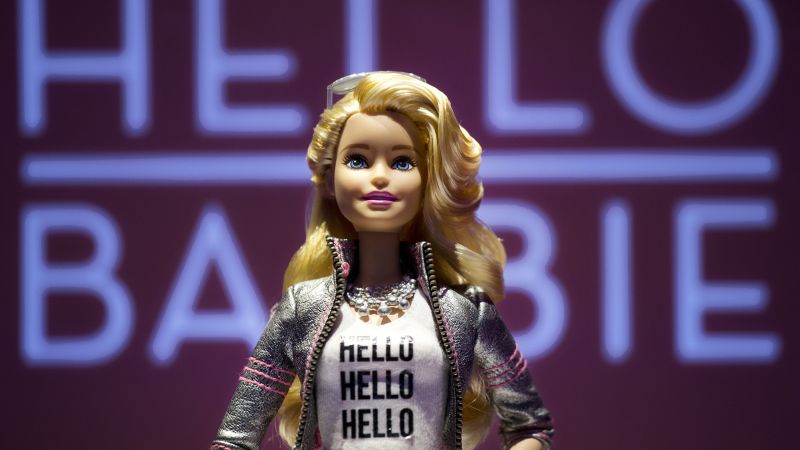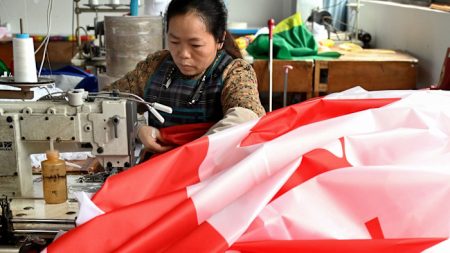There’s nothing Barbie has loved more in her 64 years in the toy world than to keep reinventing herself.
She boasts more than 200 careers on her resume — doctor, astronaut, computer engineer, CEO and even presidential candidate. She’s had an enviable motley crew of doll friends who’ve stood by her through the decades, and her dollhouse mansions put Bel Air mega estates to shame.
But some much-needed aspects of her evolution have also taken longer to happen.
Barbie for years was light-skinned – white – slender, blonde, with a very narrow waist, ample bosom and always teetering on impossibly high heels.
Finally, in 2016, facing softening sales of the doll, Mattel
(MAT)crafted a more realistic depiction of a female doll, making the newer Barbies more inclusive and diverse in their appearance. Barbie was reintroduced in four body types and seven skin tones, with 22 eye colors and 24 hairstyles. And her progression continues with Barbie Fashionistas, a diverse representation of beauty that encourage kids to fight the stigma around physical disabilities.
But along her journey, Barbie and her crew have delivered a few headscratching moments, too. The “Barbie” movie, which premiers Friday in US theaters, surfaces a few of them, if you’re quick to catch them.
“Barbie, with her 64-year history, we can’t expect everything about her and her world to be zingers,” said James Zahn, editor-in-chief of The Toy Book, a toy industry publication. “There’s going to be some hits and some misses.”
Here are a few over the years.
Midge first appeared in the 1960s. She was the wholesome, all-American best friend to Barbie. Fast-forward to 2002, Mattel introduced a pregnant Midge doll, featuring a detachable baby bump with a toy baby inside. The Midge doll created ripples. “She did raise eyebrows years ago. Maybe it was unfounded and maybe Mattel was ahead of the time with a pregnant doll for girls to play with,” said Zahn.
Walmart
(WMT) ended up pulling the pregnant Midge doll from its store shelves, citing customer complaints about the appropriateness of a “pregnant” doll. The doll was sold as part of the “Happy Family” set that included husband Allan and a son doll Ryan.
Like Midge, Allan emerged in Barbie land as Ken’s buddy in 1964. Then he became Midge’s husband. “Allan didn’t really take off,” said Zahn. “Kids were more focused on Barbie without the supplemental characters, so Allan kind of came and went.” Mattel tweaked his name to “Alan” but still no dice. Alan was eventually retired from Barbie’s world.
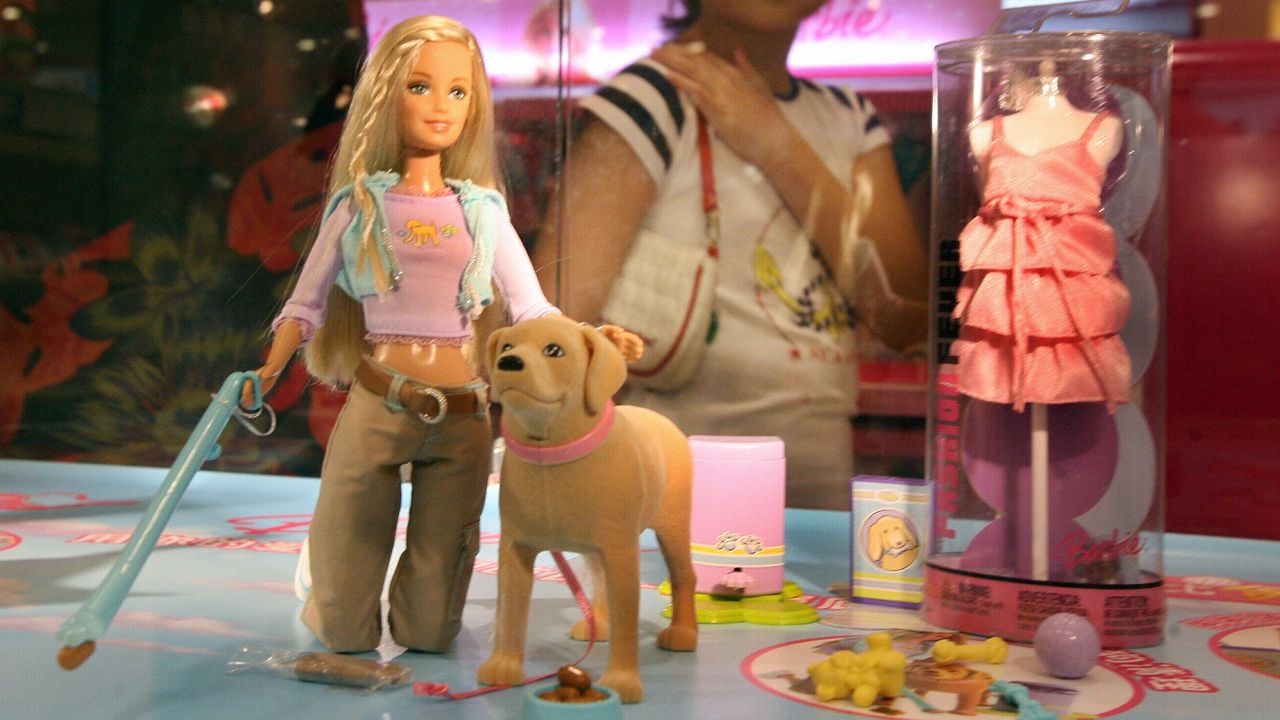
Maybe Mattel was ahead of its time with a poop-themed toy (look at poop emoji’s popularity now?!) with Tanner, the pooping golden retriever toy. The toymaker launched a Barbie-Tanner playset in 2006. The set included a “scooper” accessory with a magnetic end for kids to pickup Tanner’s play poop. You’d feed Tanner a play treat, press its tail and it would drop out of the other end.
Unfortunately for Mattel, the US Consumer Product Safety Commission recalled more than 680,000 of the Barbie-Tanner playsets in 2007 due to safety concerns over loose magnets on the scoopers.
The agency said the loose magnets, if swallowed by young children, could attract each other, causing potentially fatal intestinal perforation or blockage.
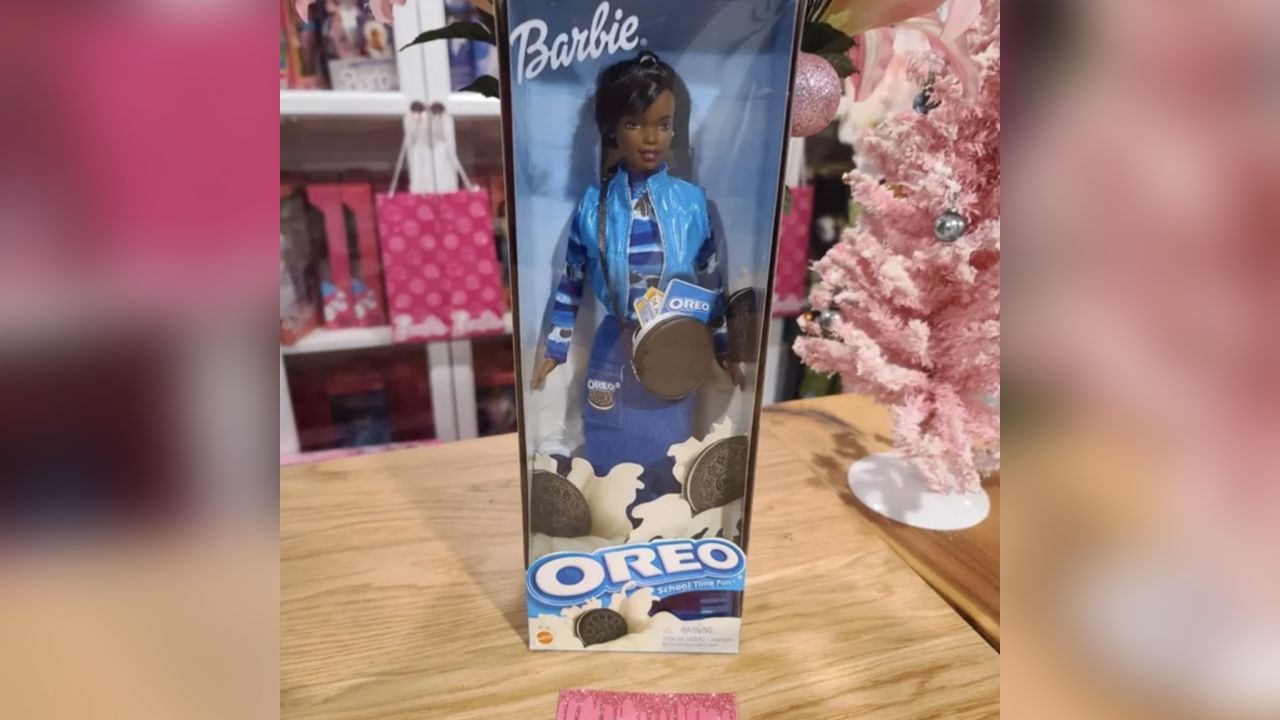
It was a collaboration that went awry. Mattel partnered with OREO-maker Nabisco to create an “OREO”-themed Barbie in the 1990s. The doll, however, was reportedly recalled after criticism that the word “Oreo” can also have an offensive connotation to people of color.
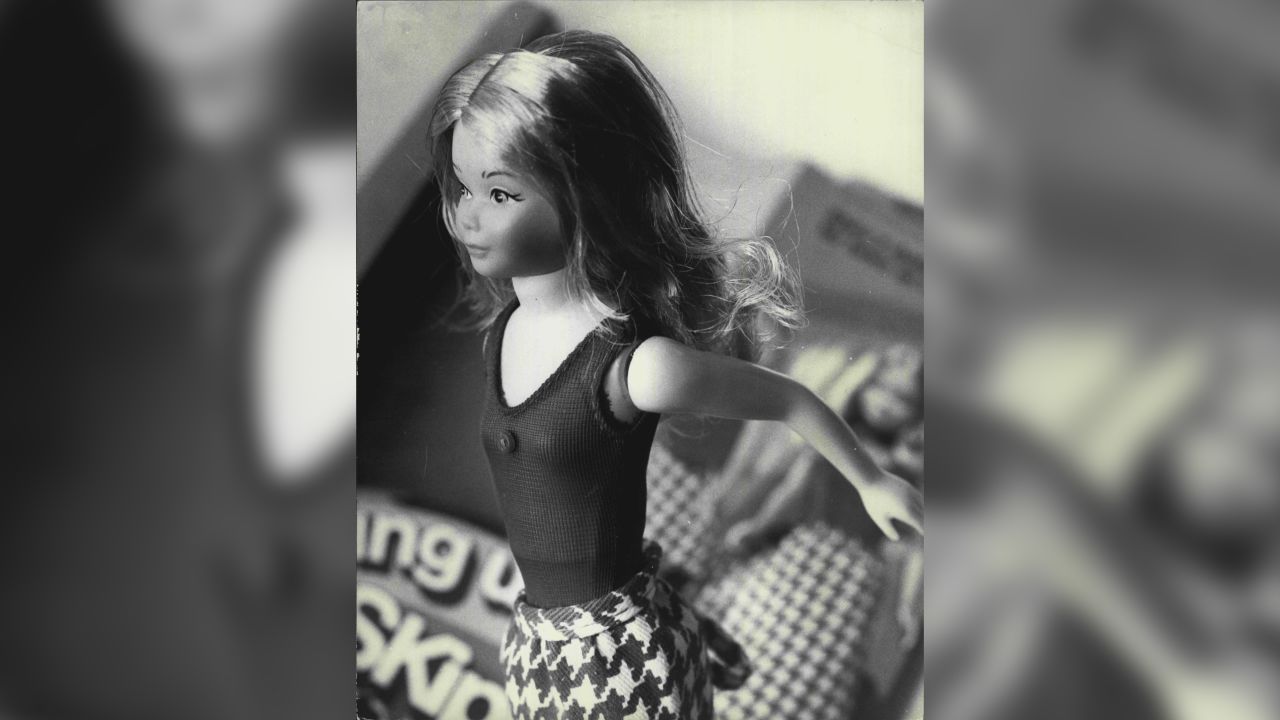
Skipper joined Barbie’s universe as her younger sister in 1964. About 10 years later, in 1975, the toy company introduced a “Growing up Skipper” doll. If you wind her arm, the doll would elongate and also “develop” breasts. Wind the arm again and she would return to her shorter length and lose her breasts. The controversy here, perhaps, is evident. “It’s another oddity over the years of the brand,” said Zahn.
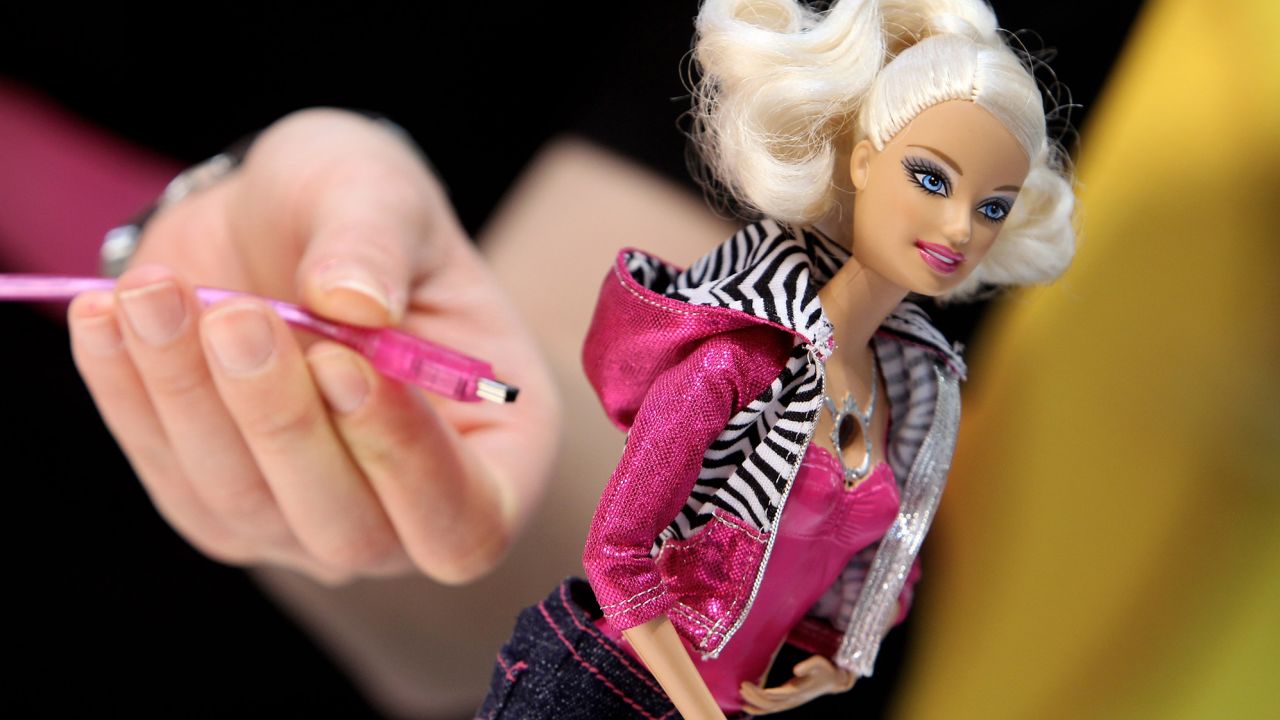
Mattel’s Video Girl Barbie from July, 2010 was designed to also double as a video camera for kids 6 and up. The company said the doll had a real video camera inside of it with the camera lens in the necklace the doll was wearing and the video screen on back for kids to capture everything from a “doll’s-eye-view.”
That same year, the FBI warned in December that the doll could be used as a tool by pedophiles. The FBI “cyber crime alert” at the time didn’t cite any misuse of the doll, but flagged the possibility.
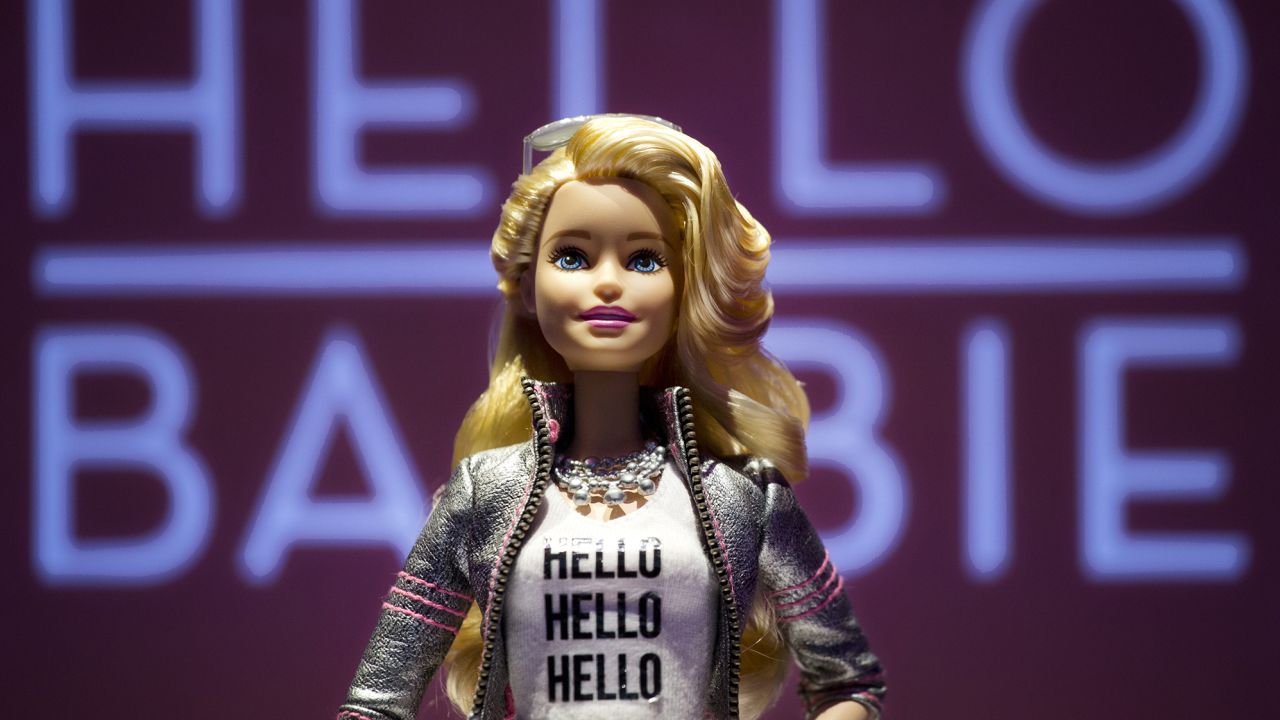
In 2015, Mattel unveiled Hello Barbie. She talked and she listened and responded to what she heard through a microphone, sophisticated electronics and a Wi-Fi connection. The doll’s functions raised privacy violation concerns.
“Hello, Barbie not only listened to you, she remembered what you said, and brought it up again, sometime days later,” said Richard Gottlieb, CEO of consultancy Global Toy Experts.
“It creeped parents out and earned itself a place on the cover and a scathing article in The New York Times Magazine about why it was not safe to have your child play with Hello Barbie,” he said. “Despite, or because of making the that cover, it never took off.
Mattel discontinued the doll two years later.
Read the full article here





